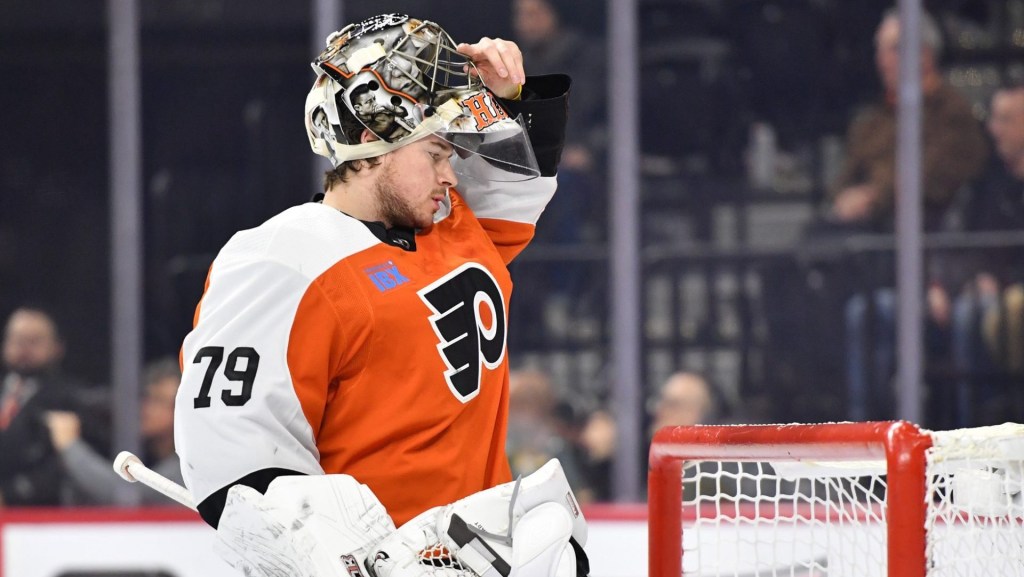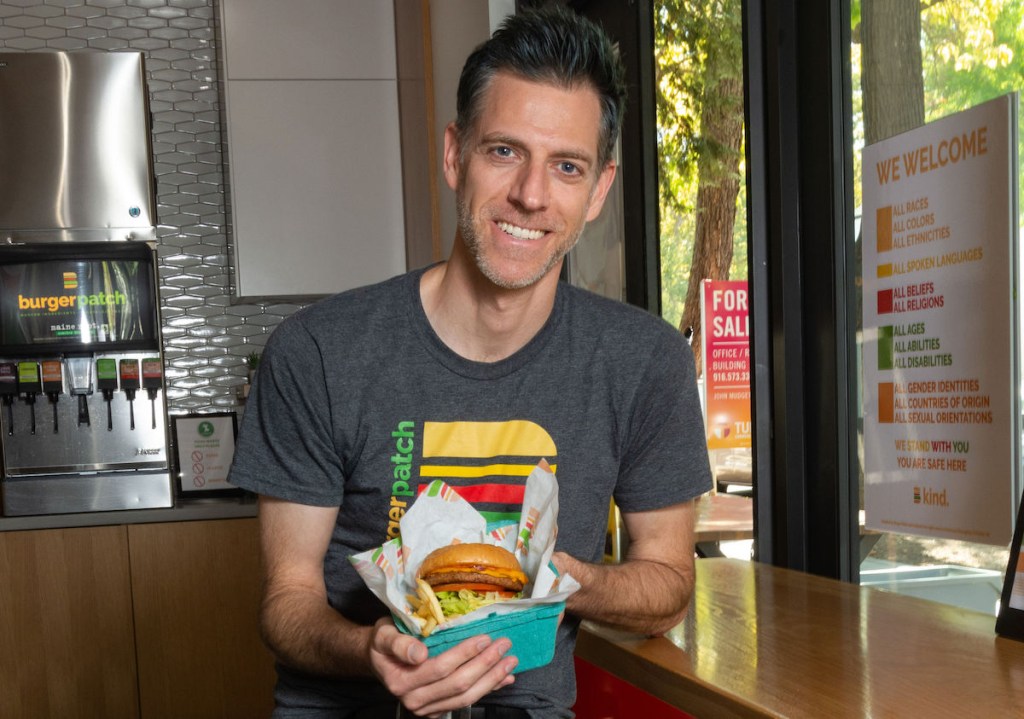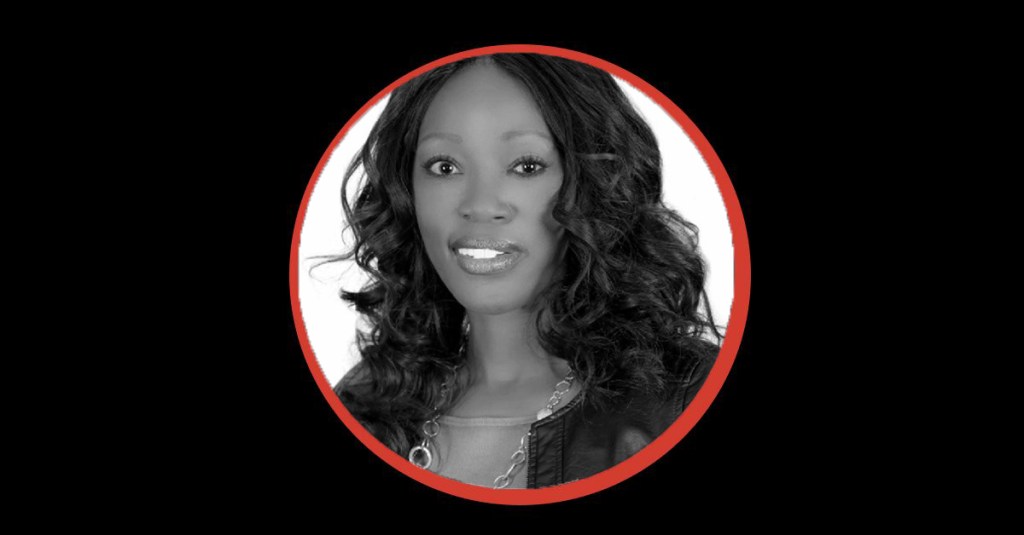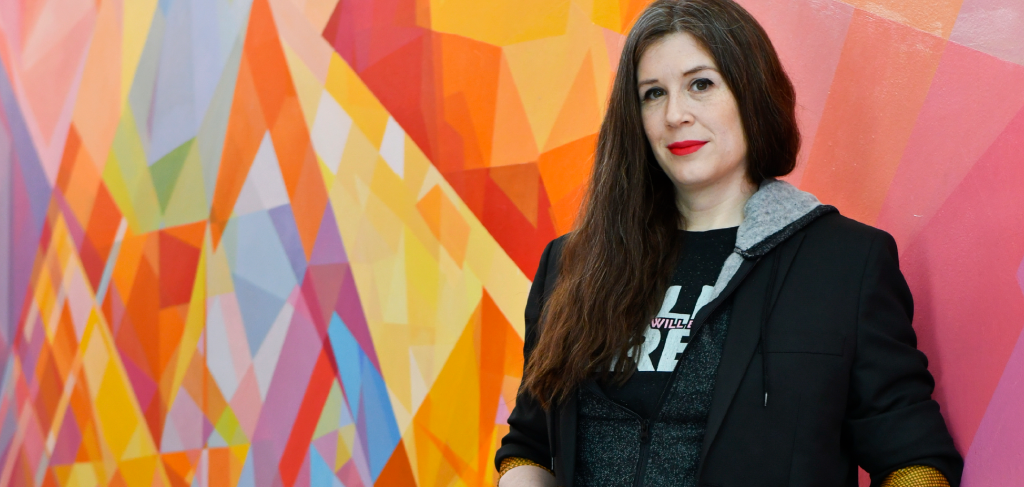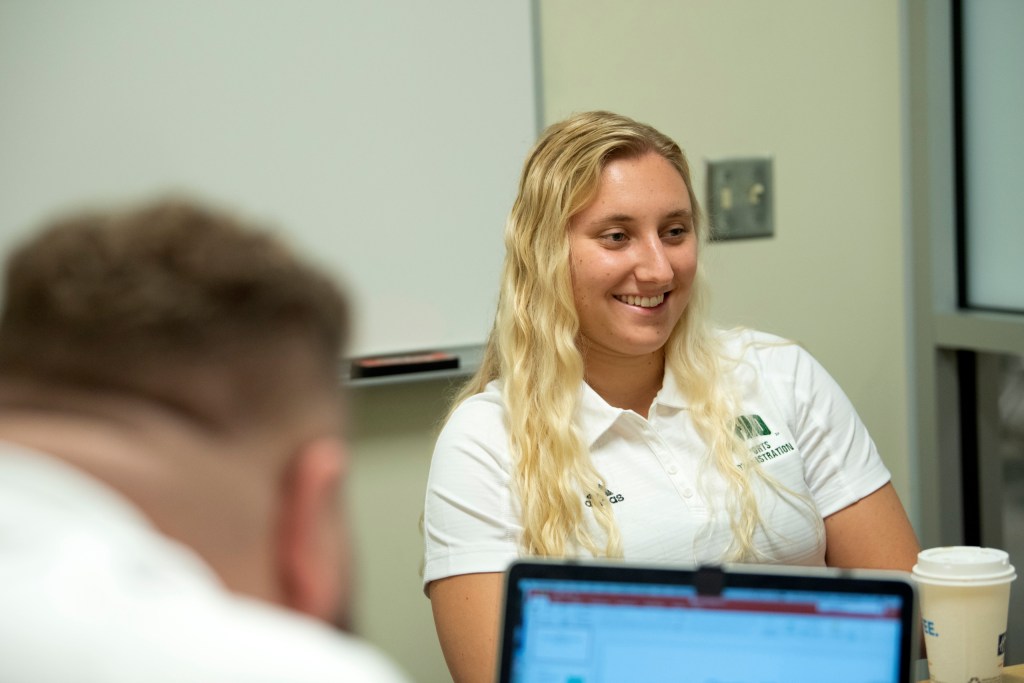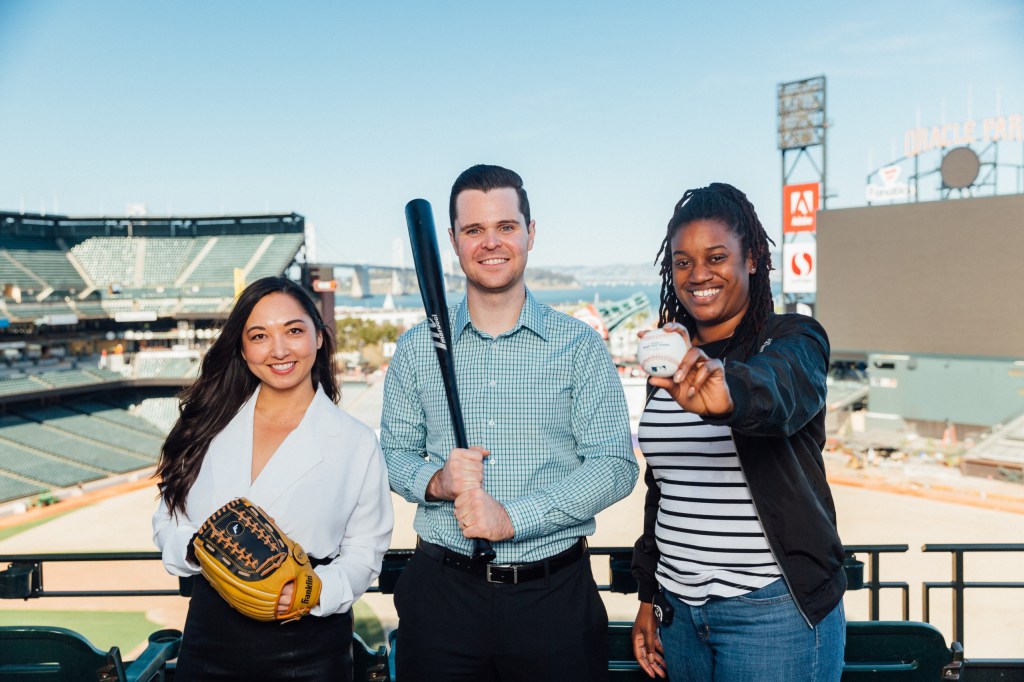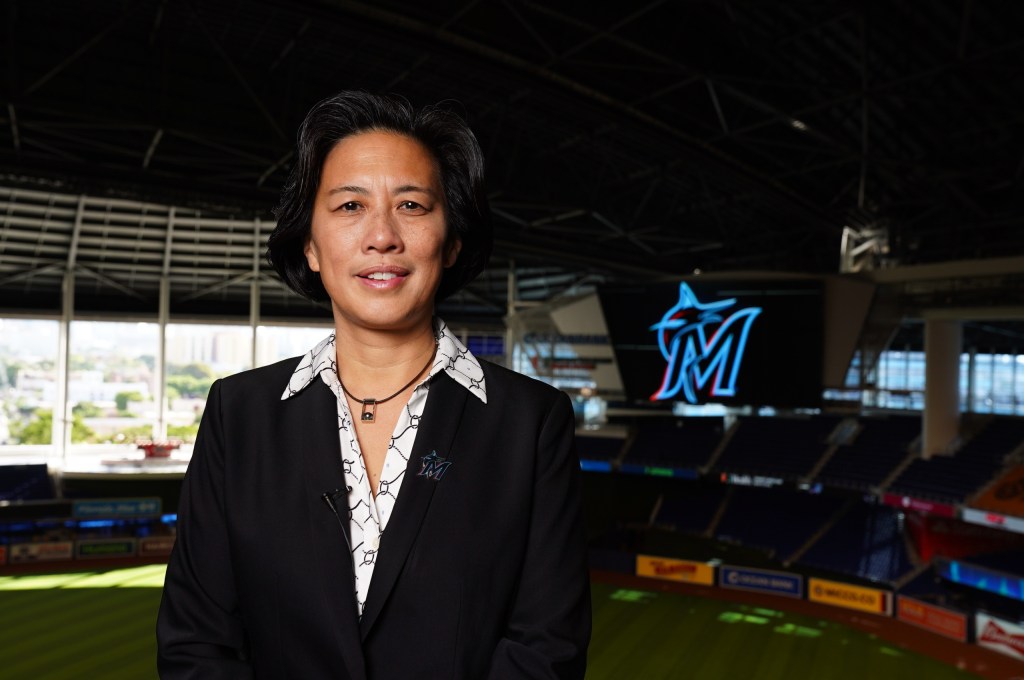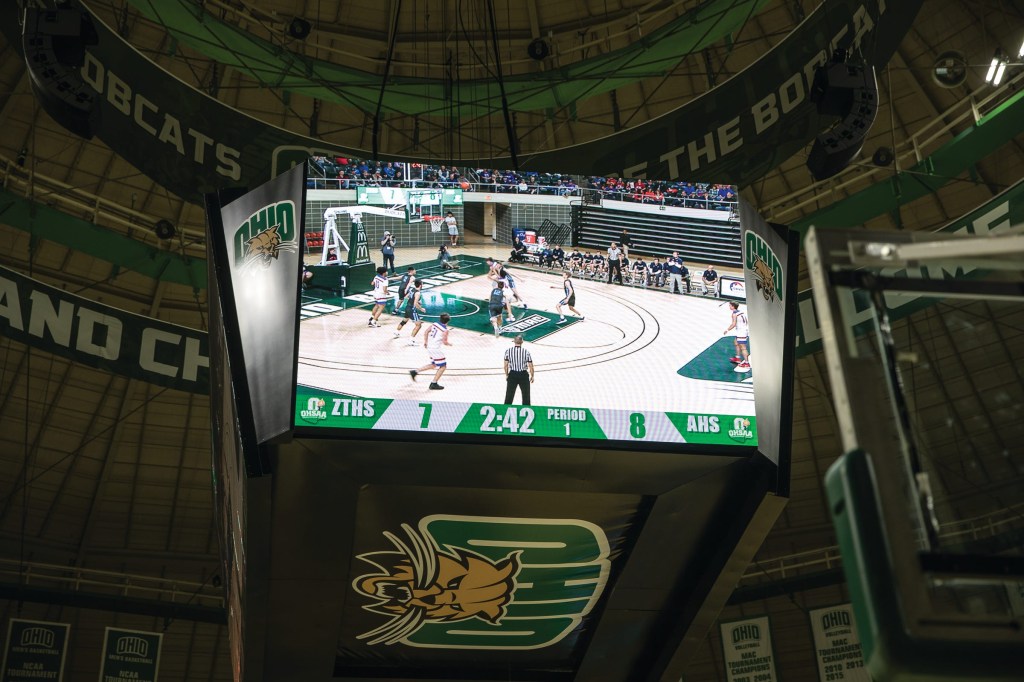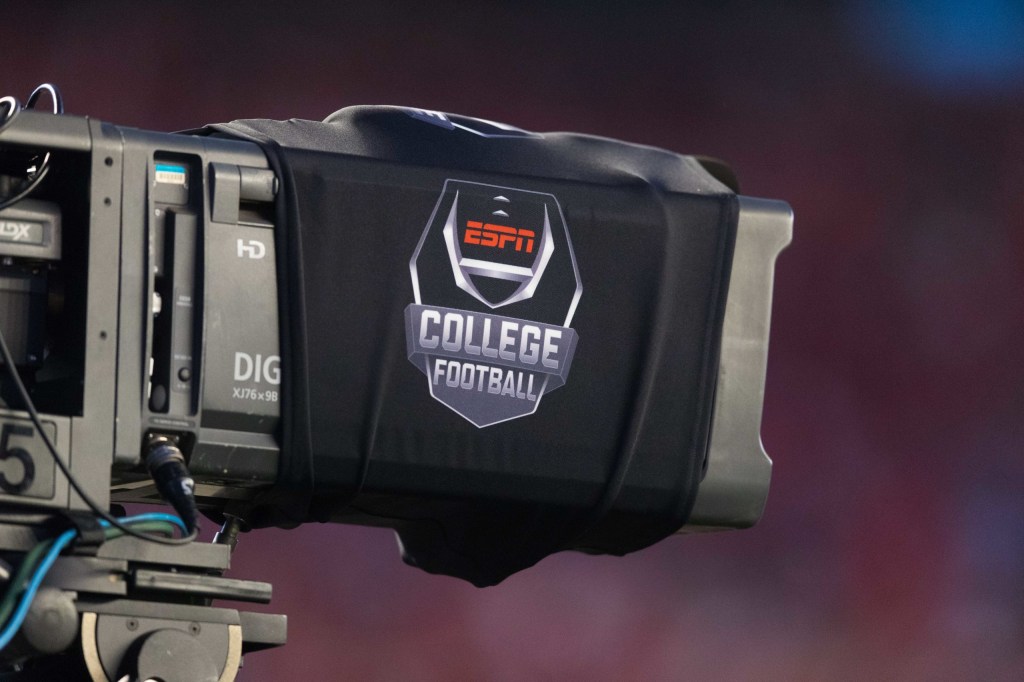Networking is a game, but if played successfully can be very fruitful.
This post is part of the #YPSportsChat Blog Series! This series will give young professionals an inside look at the intricacies of the sports business world and advice on how to navigate it.

Networking has changed a lot in the past 10–15 years. Gone are the days of going to social events and walking up to people you’ve never met before and asking them questions. Now we just do it over the phone, in an email, or even on social media.
Frankly, networking has gotten a lot easier for us to do now so there’s no excuses for you to not make a phone call, write a note, or tweet someone a question. If I counted the phone calls, emails, texts, and messages on Twitter and Facebook; I probably “network” at least once a day and maybe more.
I’ve come to learn that the old saying of “It’s all about who you know” is pretty true in the profession of college athletics so having a steady regimen of networking is essential to not only advancing your career, but also important on keeping up to date on current trends and topics happening in our profession currently.
My “networking” journey all started after I received my MS degree in Sports Management and I started to contemplate what my next move was going to be.
Did I want to stay in my current position for a few more years without looking for jobs or did I want to get started on the job search process.
https://frontofficesports.com/the-other-side-of-the-informational-interview-488169512eaf
My 1st step was sending out emails to NCAA Division I Athletic Directors to see if I could speak with them over the phone. From that first group of AD’s that I emailed (probably 30), I received only one response.
It was from Mike Alden at Missouri. I know you’re thinking that getting a response from him about a phone call would be a great thing, but his response was not what you would think. He was out of town for a few weeks and suggested I contact his Executive Associate AD Dr. Brian Maggard, so I did just that.
Dr. Maggard agreed to carve out some time during his schedule to talk with me about the questions I had about my next step. That one hour phone call in August of 2014 changed everything and was the beginning of a journey that has expanded my network by the hundreds over the last three years.
Before our scheduled phone conversation, I typed up a sheet of paper that had his bio on it and some questions that I wanted to ask him about college athletics and how to get my foot in the door.
Here is what was on that sheet:
-Bio of Dr. Maggard’s education and past roles
-Quick intro bio about me and what I’m wanting to learn.
-Question about his start in college athletics
-What was the most important factor/qualification that you had that lead to getting that first opportunity?
-How important is fundraising experience?
-Are there equally important qualifications that you recommend?
-How important is being active in NACDA?
-What is the best way to find/discover positions in the industry?
-What other ways can I network in the industry?
-Is there anybody that you recommend that I connect and talk with? And is it ok if I mention you told me about them?
That was my first draft of my “Informational Interview” sheet, I’ve changed it and molded it to each person I talk too.
On every sheet is their background and education.
It goes a long way and impresses them sometimes when you know a little about their history and it helps fast-track the conversation so they don’t have to go into detail about where they’ve been.
https://frontofficesports.com/the-other-side-of-the-informational-interview-488169512eaf
I tailored that particular question sheet to Dr. Maggard and his education and background so I could get the best out of the one hour we had to talk on the phone.
You can always add or change questions to your liking depending on where you’re wanting to go and who you’re talking too.
For example; the questions I asked Dr. Maggard (#3 man at a power 5) were drastically different from the questions I asked fellow community college AD’s later down the line.
The most important part of the interview was the last question, who else can I talk to and connect with? In my opinion, that is a question that needs to be asked in every networking interview no matter who you’re talking to.
With that question alone, I have been able to meet or talk with over 100 people in college athletics over the last three years. Without that question you’re at a dead-end when you hang up the phone or leave the table.
In every networking interview I had, that question got me a minimum of one name and sometimes up to five different people I could call. And don’t forget the second part of that question either! Without the ability to say that someone they know personally has recommended you talk with them, you may have a less than 50% chance of making that interview happen. Again, it’s all about who you know!
From Dr. Maggard’s conversation (someone I still send notes to now as the AD at Louisianna-Layfayette) I was able to connect with Andrew Patch who was at Baker University at the time.
I used a different format with Andrew which was more geared towards tips on networking because that’s what Dr. Maggard had said Andrew was a master at.
https://frontofficesports.com/the-other-side-of-the-informational-interview-488169512eaf
With that phone call, I and was able to get some great information on different ways I can make my networking better through these informational interviews. That interview happened on Tuesday September 2nd.
The next day I had lined up three more networking interviews with Dr. Kale Gober (who was the Director of Development at Arkansas at the time), Ian McCaw (AD at Baylor at the time), and Jim Abbott (the AD at Oklahoma City University).
That was Wednesday, on Thursday I talked with Ed McLaughlin, the AD at VCU, for over an hour about building relationships and difficult coaches. Each one of those interviews yielded at least one more person they knew that I could call and speak with.
Over the next four weeks I either called or drove to meet with nine other athletic administrators that yielded even more networking contacts.
By far the most important and meaningful networking interview happened in the late afternoon/evening of September 3rd 2014.
I got the privilege to talk with and listen to one of the most student-athlete focused and passionate people in college athletics today.
That phone call with Jim Abbott of OCU was a catapult that launched me into areas I never thought would be possible. The general honesty and passion in his voice is something that I will always remember and something I think about daily when things get tough.
“Make it big time where you’re at, give 110% in your current role and actually care about your student-athletes and coaches.”
Those sayings that he shared with me that afternoon are still with me and will be for the remainder of my life. Jim not only gave me an ease and confidence when talking with high level AD’s, he also gave me pointers on where I could go and what I could do to further my networking journey.
One of those tips was to join in on a little Sunday night Twitter chat that went by the hashtag #SCAChat.
Still in its infancy, “The Chat” helped me understand what others were doing in college athletics and allowed me to flat out ask them on Twitter if I could call them and talk with them.
From that chat alone, I’ve had the chance to talk with at least 50 more members of our profession in the last three years. Jim never mentioned during our phone conversation that he helped create “The Chat” that has spawned handfuls of other Twitter chats in college athletics (even our #YPSportsChat) or even that he founded the group BOSCA (Business of Small College Athletics).
Both of those speak volumes to his humbleness and willingness to help a young aspiring AD every chance he got over the last three years.
It all really boils down to you. How hard do you want to work to advance your career? How uncomfortable are you willing be to get to know someone?
Cold calling Rick George at Colorado was pretty nerve-racking, but after talking with him you’d almost never know he help raise over $100 million in 31 months at CU. So get out of your comfort zone, reach out to someone you’ve always wanted to talk to.
Matt Donovan at the University of Indianapolis said it best, “Networking and fundraising is all about building relationships, nothing more.” So have a script, have questions to ask. Nothing kills a good conversation like dead airtime. Be gracious, be thankful, and always ask them who else you can talk with.
If I can ever help or give pointers, I’m glad to help like those that have helped me in the past. I’m an email or phone call away!
Nathan Werremeyer
Assistant AD/Head AT
Mineral Area College
573–480–6479
Front Office Sports is a leading multi-platform publication and industry resource that covers the intersection of business and sports.
Want to learn more, or have a story featured about you or your organization? Contact us today.
If you liked this, click the???? below so other people will see this here on Medium.


